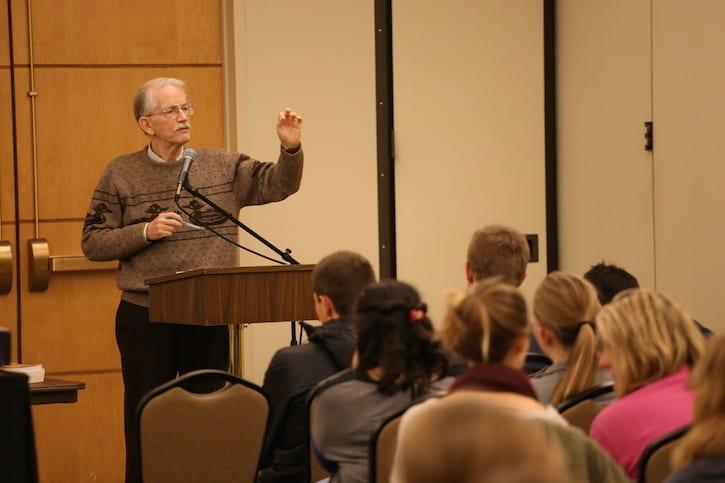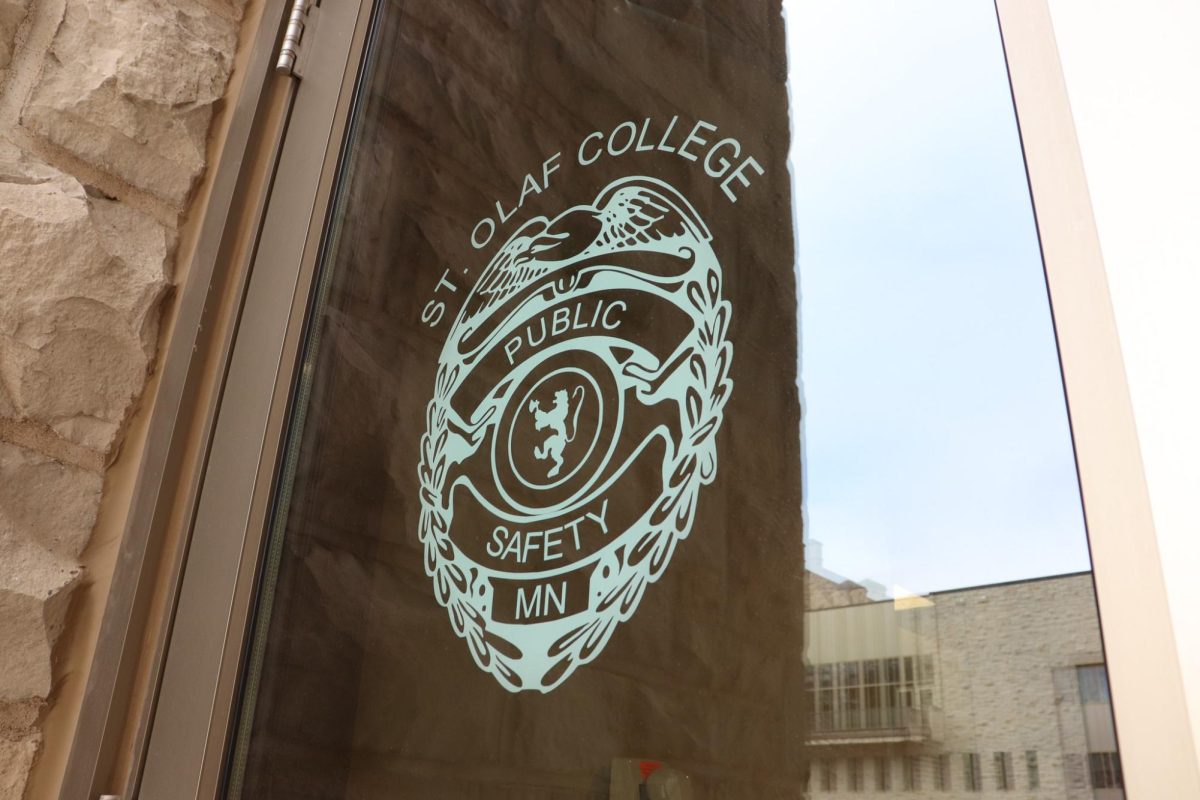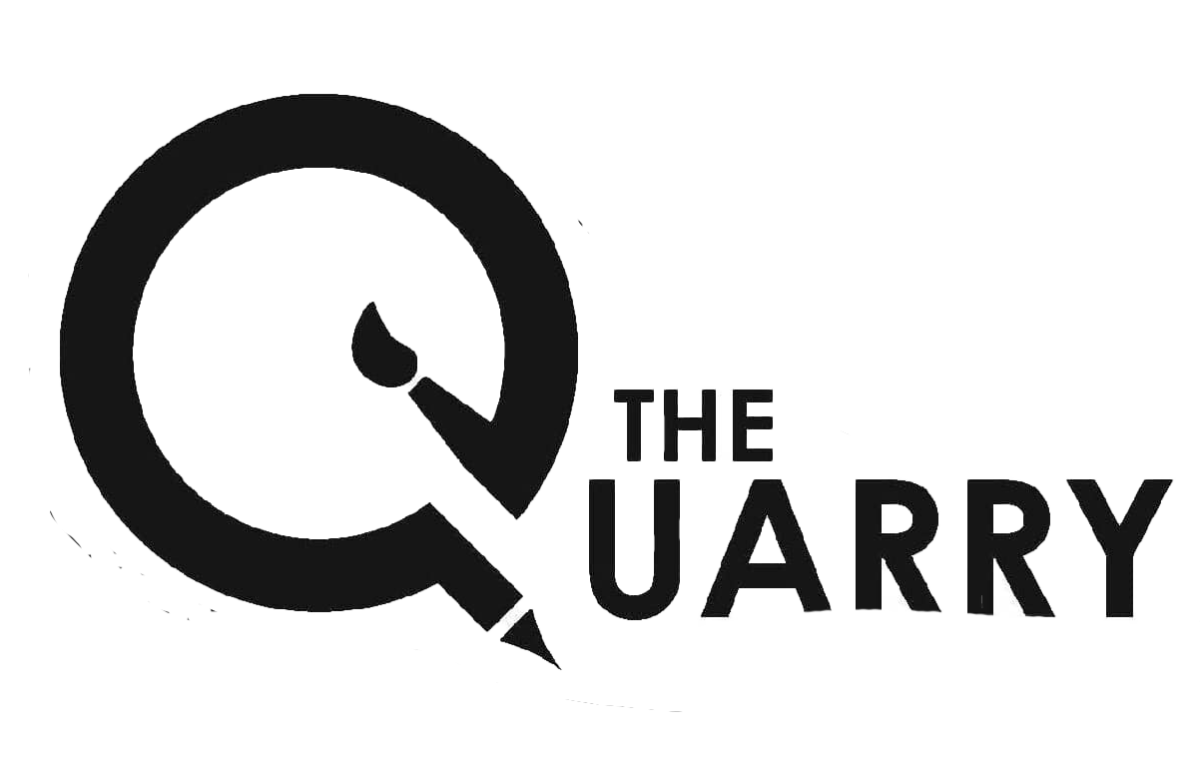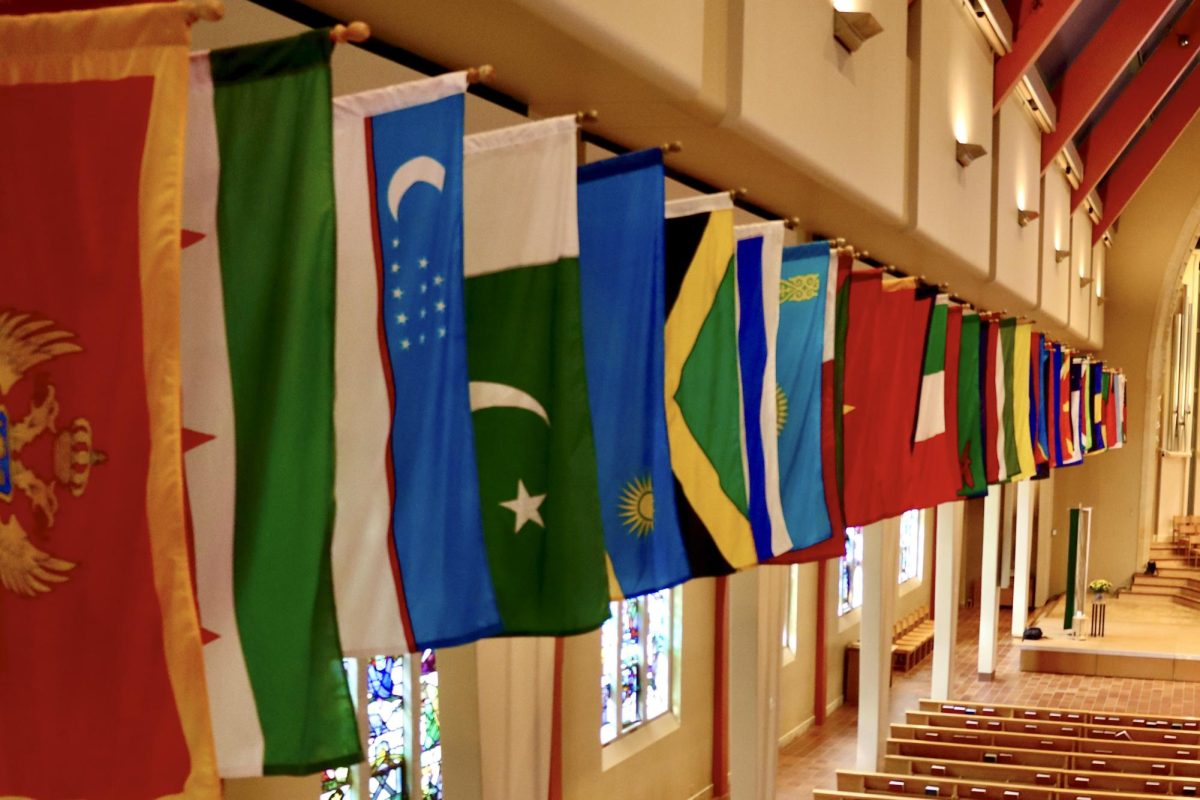Although the topic of environmental racism may be unfamiliar to most St. Olaf students, it is an important topic that warrants discussion. On Nov. 6, a panel was held in the Gold Ballroom to inform students on the topic. The panel was composed of Professor of Political Science Anthony Pahnke, Professor of Philosophy Michael Fuerstein, Professor of Sociology Bruce Nordstrom-Loeb and a local Northfield activist, Cliff Martin.
The presentation began with a simple definition of environmental racism:
“Environmental racism is when environmental degradation adversely affects minorities of color.”
The audience was then provided with several examples of environmental racism. These included the slow response to Hurricane Katrina that disproportionately affected poor African Americans, as well as pollution in Hyde Park, a predominately African American neighborhood of Augusta, Ga. where inhabitants have suffered from pollution.
The first speaker from the panel was Professor Nordstrom-Loeb. He discussed the politcal causes of environmental racism.
“Minority communities with less political clout are more likely to be downstream to pollution,” Nordstrom-Loeb said.
He also stated that this problem is not just confined to the United States but in fact is a global problem.
“The effect of world climate change disproportionately affects countries with people of color,” he said. These countries are succeptable to exploitation by governments and private companies.
Next, Professor Pahnke took the podium. He had personal experience combatting environmental racism and spoke of the challenges involved. He addressed the situation in southern Brazil, where local farmers battle European companies for land rights. It is often hard for activists to help because the locals view them with suspicion.
“CIA, privileged, white … that’s what they saw me as,” Pahnke said. Another concern expressed by Pahnke was that too much white leadership for causes affecting minorities could have a negative effect. A main focus of the panel was how best to address this issue considering St. Olaf’s position as a largely white campus.
Professor Fuerstein addressed some of the moral assumptions that perpetuate environmental racism, stating that people should “not suffer conditions for which they are not responsible.”
He also argued that environmental racism is part of a larger pattern of prejudice toward minorities. These include social segregation, lack of access to education and poverty.
“Society shares benefits pretty equally; however, the burden of environmental degradation is not shared equally,” Fuerstein said. Wealthier – generally white – people often move away from areas with pollution, thus leaving polluted areas exclusively to the poor whom are often economically disadvantaged minorities.
The final speaker, Cliff Martin, is an environmental racism activist from Northfield. He linked environmental racism to American economic and political systems.
“[In the United States], communities and families are systematically killed by capitalists,” he said. He urged students to become involved in peaceful organizations to reform political practices and change mindsets that lead to environmental degradation.
“If all humans have worth,” he said, “we’re obligated to fight back.”
Photo Credit: MATT TYLUTK/MANITOU MESSENGER






